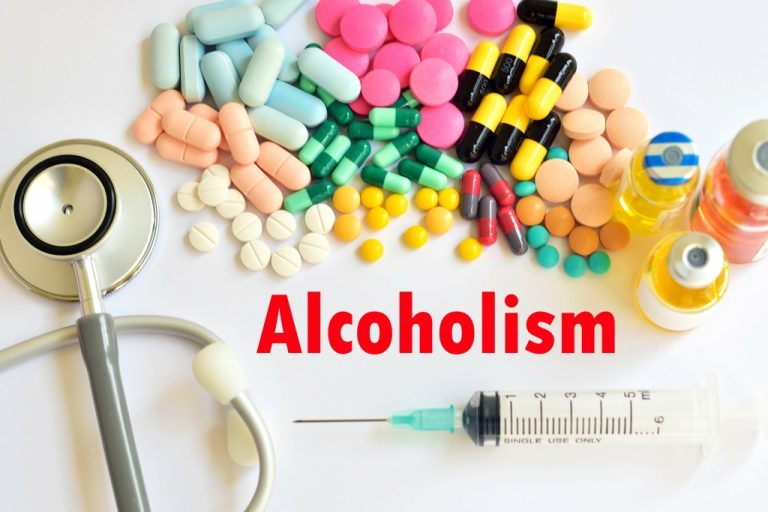If you frequently find your nose running with specific drinks, it might be worth experimenting with options that you haven’t tried yet or those known to produce fewer symptoms. Drinking alcohol can also lead to some nasal congestion, but this clears up quickly in most people. Alcohol intolerance can cause immediate, uncomfortable reactions after you drink alcohol. When you consume alcohol excessively, it causes vasodilation, which is the widening of blood vessels, including those in your nose.

Lifestyle and Environmental Triggers
- Noses tend to run when we’re cold, wet, allergies, or not feeling our best.
- In some cases, recurring nasal congestion after wine consumption may be a sign of an underlying health condition, such as an alcohol intolerance, allergic rhinitis, or sinusitis.
- For instance, wines and beers often contain sulfites, preservatives that can trigger allergy-like symptoms.
- This increased histamine level in the body can trigger or worsen nasal symptoms, especially in individuals who are sensitive to histamine or have a histamine intolerance.
- Because alcohol dilates blood vessels and damages the vascular system, it can aggravate rhinophyma and other types of rosacea.
Being aware of the distinction between the what is alcoholism two conditions helps with symptom management and making the right decision in terms of alcohol consumption. Currently, no cure exists for the condition because genetic factors primarily cause the body’s inability to process alcohol efficiently. No treatment alters how the body metabolizes alcohol, meaning individuals with intolerance are always susceptible to experiencing adverse reactions.
Cocaine Addiction
A healthcare https://dev-abirebaral.pantheonsite.io/what-is-etoh-understanding-ethanol-abuse/ professional can evaluate individual circumstances, provide personalized guidance, and conduct further evaluations if needed. In the next section, we will discuss preventive measures and strategies to manage alcohol-related nosebleeds. By implementing these strategies and addressing potential underlying factors, individuals can minimize the occurrence of nosebleeds and promote better overall nasal health. While alcohol-related nosebleeds are often harmless and transient, it is essential to be aware of any patterns or severity of nosebleeds and seek medical advice if needed.
- We provide addiction recovery services in a structured and supportive environment that promotes long term transformational changes.
- The first thing you should do is seek a professional diagnosis from a reputable doctor.
- This can lead to people being judged or excluded simply because they may stereotypically look like someone with an alcohol addiction.
- What’s more concerning, however, is that some medications can lead to uncomfortable (even dangerous) side effects when combined with alcohol.
- Films and TV shows commonly show those with an alcohol addiction to have a large red nose.
Consult with a Doctor
- The increased blood flow to the nasal tissues leads to swelling and inflammation, resulting in a stuffy nose.
- As mentioned previously, darker, aged beers like stouts and ales tend to have higher histamine levels than lighter lagers and pilsners.
- If you feel that any of our content is inaccurate, out-of-date, or otherwise questionable, please contact at
- Sulfites and other preservatives in alcoholic drinks further aggravate nasal irritation, making symptoms more severe.
While rhinophyma is often dubbed “alcoholic nose,” the reality is that it’s a type of rosacea — meaning that heavy drinking isn’t actually linked to it. As we age, our bodies and immune systems change, which can impact how we react to various substances, including alcohol. Some people may develop increased nasal sensitivity over time, making them more susceptible to alcohol-related nasal issues. This means that what was once a non-issue in your younger years could become a notable annoyance as you age.
Alcohol and stuffy nose.

When ALDH is absent from your body, too much of histamine will circulate in blood which leads to problems like inflammation. Your nasal chambers can fall prey to inflammation and itching leading to and problems related with stuffy nose or sinus congestion. Recurring nosebleeds may be a sign of alcoholic liver disease (ALD), a difficult-to-detect condition with subtle early symptoms. In the beginning stages of ALD (also called fatty liver disease), we may notice vague problems like fatigue, loss of appetite, and stomach pain. While this condition is why does my nose run when i drink alcohol reversible, it can progress into more severe disorders if left untreated.





